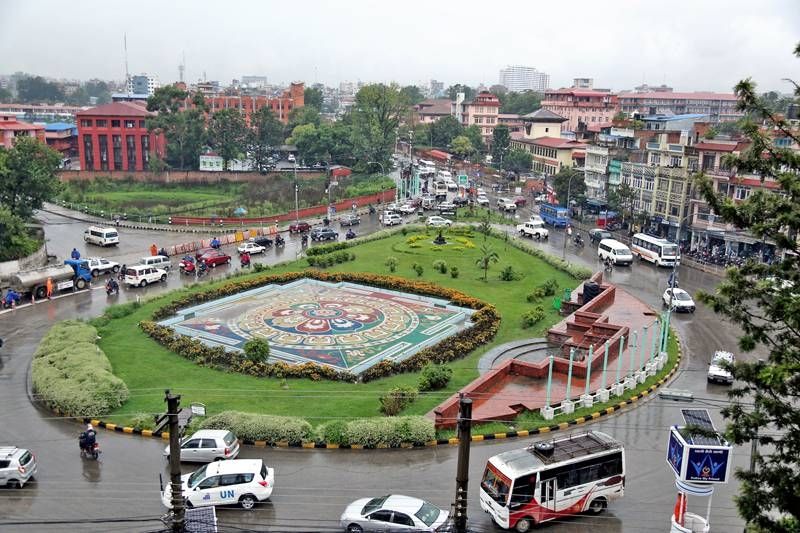
KATHMANDU, JULY 2
The Supreme Court has ruled that Kathmandu District Administration's decision to prohibit people from protesting at Maitighar Mandala 'until further notice' is illegal.
The SC made this ruling in response to a writ petition filed by Senior Advocate Dinesh Tripathi against the government on 15 July 2018 for issuing prohibitory order restricting people from protesting at Maitighar Mandala in the capital.
The order was passed by division bench of Justice Bishowambhar Prasad Shrestha and Kumar Regmi. The top court said that the prohibitory order issued by Kathmandu District Administration Office appeared to curtail freedom of people of certain areas.
The SC observed that Section 6 (3) of the Local Administration Act stipulated that prohibitory order cannot be issued for more than two months at once but Kathmandu DAO issued the order 'until further notice.' The court said that Kathmandu DAO had no power to issue prohibitory order for more than two months to restrict people from protesting, staging sit-ins and brining out rallies in certain areas of the capital city.
It said Kathmandu DAO's notice dated 20 February 2018 was against the constitution and the law to the extent it issued prohibitory order 'till further notice.' In the second order issued by Kathmandu DAO on 15 April 2018, some areas were designated as places where protests and rallies can be organised.
Stating that right to peaceful assembly was recognised by the constitution as a fundamental right, the SC said that if protesters could not make the government hear their grievances, protest would be meaningless and, in that case, it would harm democracy.
The court said that the United Kingdom has accepted people's right to protest at Hyde Park which was close to the central secretariat in London.
Stating that the government had the power to impose reasonable restriction on liberty, the court said that such restrictions must be justifiable and they should conform with the prevailing laws.
The court observed that Kathmandu DAO had designated places for protests in the second notice without analysing security aspects. It said that Kathmandu DAO designated places for protesting without analysing why it was making such a decision when the constitution had guaranteed citizens' right to protest in any part of the country and what were the objectives of the restriction and how it could adversely affect people.
The top court said: Kathmandu DAO arbitrarily designated some place for protesters and hence Kathmandu DAO's notice was arbitrary and against the constitution and laws.
On 20 February 2018, Kathmandu District Administration Office had issued an order prohibiting protests around some key places in Kathmandu metropolitan areas such as Maitighar Mandala, President's Office, Shital Niwas;Prime Minister's residence, Baluwatar; and Parliament Building, New Baneshwor; until further notice.
District Security Committee had on 15 April 2018 decided to designate Tinkune open field, Bhuikhel chaur, Pepsicola playground, Sano Gaucharan football field, the place in front of Social Welfare Council at Lainchaur, and Siphal Chaur as places for protest in Kathmandu.
The petitioner had argued that the constitution had guaranteed the citizens the right to peaceful assembly and hence the DAO order was prima facie illegal. He stated that the constitution never envisaged that people would protest only from designated places. The DAO had issued the prohibitory order to muzzle people's voice.
The government had responded to the petitioner's argument saying that local administration had the power to issue prohibitory order and such practices exist in other countries as well.
The government had said that it issued prohibitory order not to muzzle people's voice but to manage the protest sites designating certain places for protest and banning protests at other places.
The SC had stayed the government's decision to prohibit people from protesting at Maitighar Mandala.
The court had issued writ of certiorari on 27 February 2022, the full text of which was prepared yesterday.











